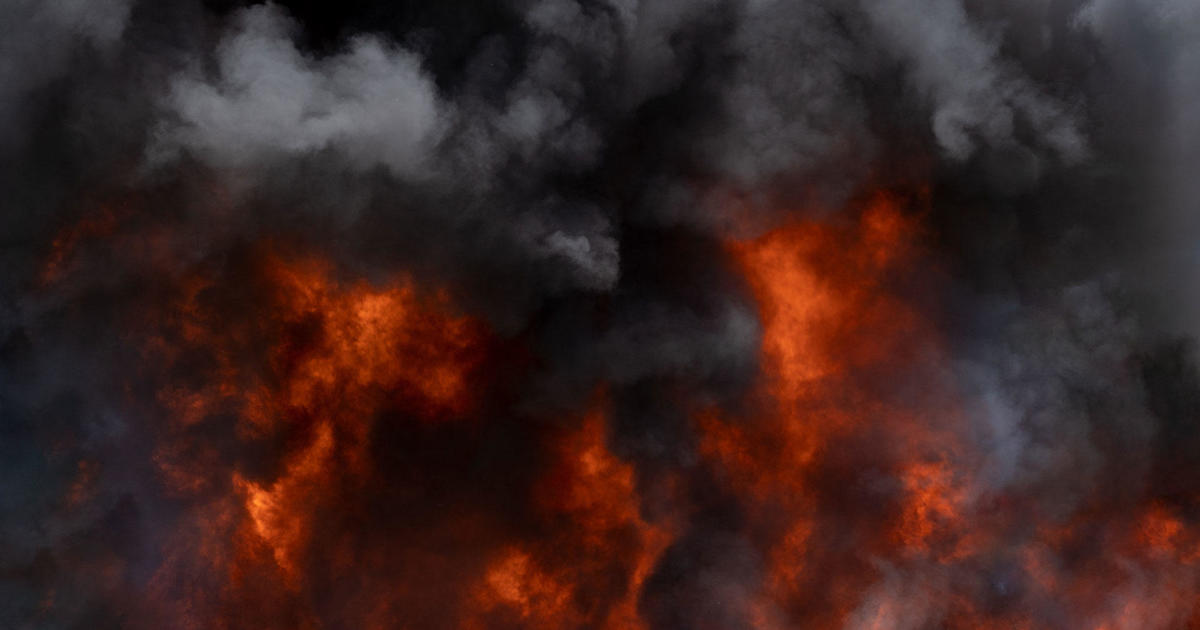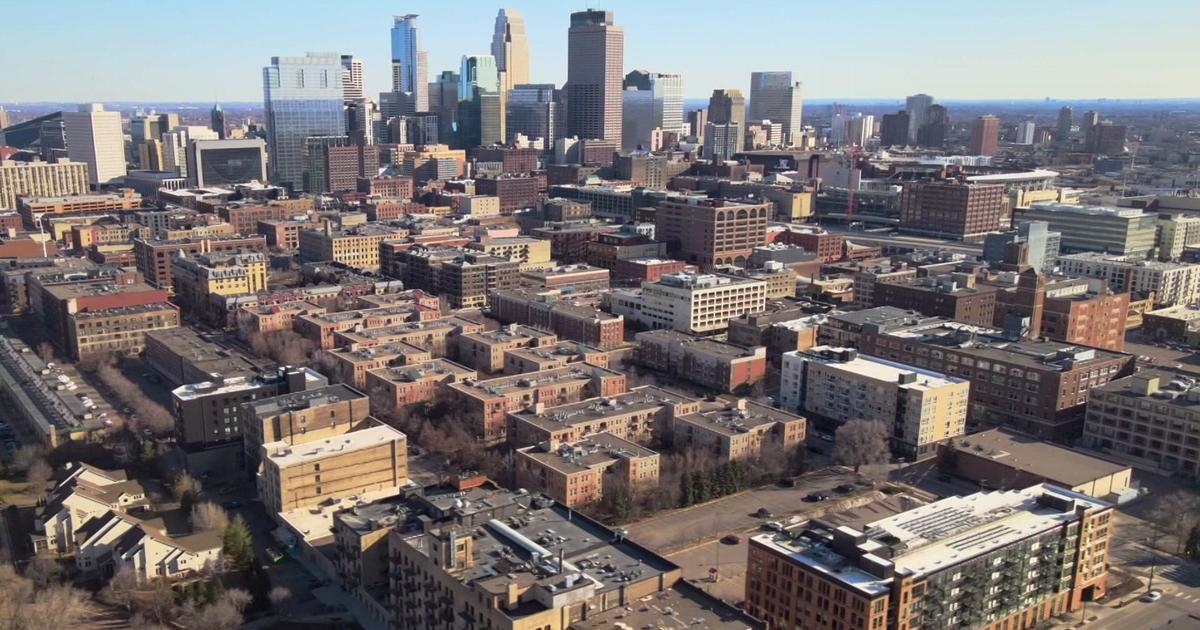Climate Report Predicts More Extremes In Midwest
TRAVERSE CITY, Mich. (AP) — A report by the National Climate Assessment says a warming planet will worsen a series of weather trends already showing up across the Midwest. Look for more extremes: searing heat, late-spring freezes, floods and droughts across a region that includes Ohio, Michigan, Indiana, Illinois, Wisconsin, Minnesota, Iowa and Missouri.
___
FARMS AND FORESTS: The growing season, already two weeks longer than in 1950, will continue lengthening. But the gains will be offset by smaller yields for some crops, including corn. Soybean yields will improve for a while, but the gains will eventually be offset by heat stress. Sensitive fruits such as tart cherries in Michigan and Wisconsin will be increasingly vulnerable to early budding followed by killing freezes as in 2012, when the crop was devastated. Wetter springs could delay planting.
Wetlands, prairies and other ecosystems will change profoundly, none more so than the northern forests. Familiar tree species such as paper birch, quaking aspen, balsam fir and black spruce will probably migrate even farther north, giving way to oak and pine varieties now common farther south.
___
WHEN IT RAINS, IT POURS: The report acknowledges it's harder to project long-range changes in precipitation than temperature. But the Midwest generally has gotten wetter in the past century, mostly because of increasingly intense storms, and that's likely to continue in the next century. Just how much will depend on how successfully people cut back on carbon emissions.
But weather patterns may become increasing erratic — wet in some parts of the region, dry in others. Snowfall may decline in much of the Midwest but increase in areas that get lake-effect snow. More flooding is likely, which intensifies sewer overflows, soil erosion and water pollution from runoff.
___
SUMMER IN THE CITY: Heat and humidity will raise the misery index in cities, with one study predicting up to 2,217 additional heat-related deaths per year in Chicago toward the end of the 21st century, although cutbacks in greenhouse gas emissions could reduce the number significantly. Higher temperatures should lengthen the pollen season and worsen the effects of degraded air quality.
___
THE GREAT LAKES: More than 90 percent of the Great Lakes' surface froze this winter, but don't be fooled. Ice cover has retreated steadily for decades, and the trend will probably continue, despite the occasional blip. Expect warmer surface waters and more nuisance algae blobs that harm fish and water quality. Reduced ice cover could lengthen the cargo shipping season, although the benefit could be offset if water levels decline. The effect of climate change on water levels is uncertain.
___
OPPORTUNITY KNOCKS: The Midwest is well-positioned to soften the blow of climate change. Its energy-intensive economy cranks out greenhouse gases at a rate 20 percent above the national average, primarily because of heavy reliance on coal. Greater reliance on natural gas is a step in the right direction, the report says. In some parts of the region, solar power's potential matches that of Florida. In cloudier states, there is great opportunity to expand use of wind, biodiesel and ethanol.
(© Copyright 2014 The Associated Press. All Rights Reserved. This material may not be published, broadcast, rewritten or redistributed.)



